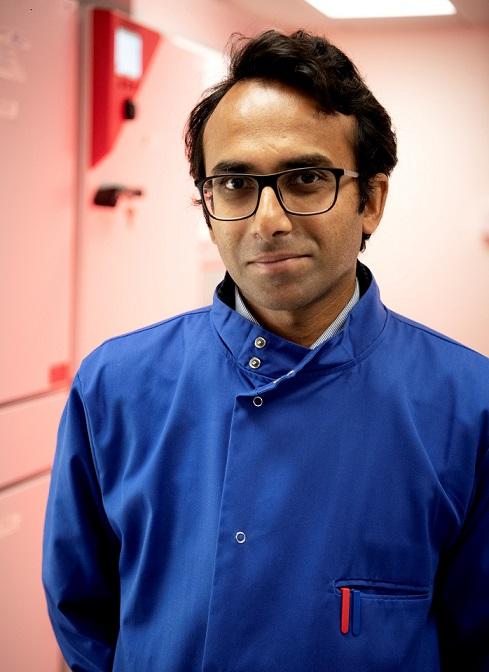College Fellow Professor Ravi Gupta has been included in Time magazine 100 most influential people list 2020 for his work on HIV and stem cell transplantation culminating in the world’s second HIV `cure’ in a patient.
Professor Gupta is Professor of Clinical Microbiology and Wellcome Senior Fellow in Clinical Science at the Cambridge Institute for Therapeutic Immunology and Infectious Diseases at the University of Cambridge. His group has recently introduced the SAMBA II point of care test into clinical practice at Addenbrookes for rapid diagnosis of COVID-19.
Professor Jo Martin, President of The Royal College of Pathologists said:
'Professor Gupta’s work in treating HIV is ground breaking and his dedication to his patients humbling.
His inclusion on the prestigious Times 100 most influential people list is a fantastic recognition of his extraordinary achievements. We are immensely proud that Professor Gupta is a Fellow of the Royal College of Pathologists.'

Professor Gupta led a four year long study culminating in the report of the world’s second HIV ‘cure’ in an individual, ‘London Patient’, who underwent stem cell transplantation with cells from a donor who was homozygous for the CCR5 delta 32 mutation (Gupta et al, Nature 2019; altimetric score 1437; 220 citations). Gupta designed and executed the study, which involved interruption of antiretrovirals in the patient following allo transplant despite ongoing immune suppression, with extensive measurement of HIV reservoirs, cellular characterization, viral replication assays using autologous reconstituted viruses in both primary cells and cell lines expressing either CCR5 or CXCR4.
Ravi Gupta has been Professor of Clinical Microbiology at the Cambridge Institute for Therapeutic Immunology and Infectious Diseases since 2019. During the COVID-19 pandemic the lab has also started a basic science program to understand firstly the antiviral activity of drugs like lopinavir, azithromyin and chloroquine, but also to understand the basis of the second immune mediated part of the disease process that likely involves macrophages. You can read more about his work at The Gupta lab.

